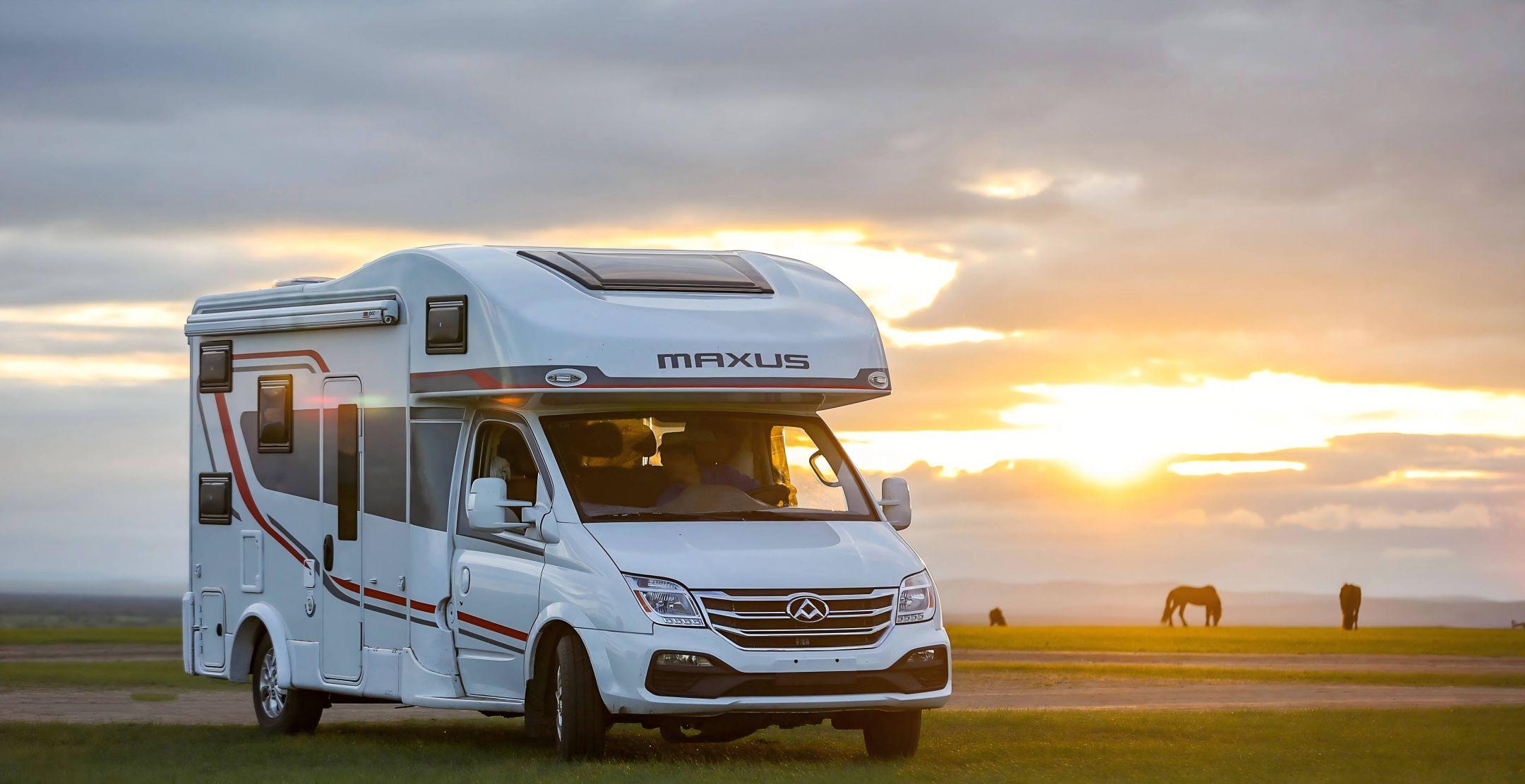Ready to hit the road in your RV? Whether you're a weekend camper or a full-time nomad, selecting the right battery system for your RV is key to enjoying off-grid living comfortably and without worry. With many battery systems on the market, the options can be overwhelming. Here's a detailed guide to help you understand what to look for when choosing a battery and find the best power solution for your RV.
Assess Your Power Needs
Before diving into the specifics of battery systems, it's essential to assess the power you'll need in your RV. Consider the devices and appliances you'll be using, such as lights, microwave, fridge, TV, and other electronics. List these devices and estimate their power consumption (in watts) and the number of hours you'll use them each day. You can also use free online tools to help you calculate energy consumption accurately. Once you know your power needs, you'll be able to choose a battery system with the right capacity.
Explore Battery Types
RV battery systems generally fall into two main categories: lead-acid batteries and lithium batteries. Each type has its pros and cons, so let's take a closer look:
- Lead-Acid Batteries: Lead-acid batteries are typically the lowest upfront cost option, but they have a shorter lifespan, smaller discharge depth, are heavier, and need to be replaced more often. There are two main types of traditional lead-acid batteries: Flooded Lead-Acid (FLA) and Sealed Lead-Acid (SLA). FLA batteries require regular maintenance, including checking the electrolyte water level, while SLA batteries require less maintenance. Absorbent Glass Mat (AGM) batteries are a type of sealed lead-acid battery that offers lower maintenance costs and better performance in cold temperatures compared to traditional lead-acid batteries.
- Lithium Batteries: Lithium batteries are an innovative choice for RV power systems, offering higher energy density, lighter weight, and longer lifespan. A lithium battery typically lasts 10 times longer than a lead-acid battery. Although the initial cost is higher, lithium batteries charge faster, provide a deeper discharge, and have a longer cycle life. In the long run, they are more cost-effective than lead-acid batteries and don't require as frequent replacements. Lithium batteries have a larger power and energy capacity, making more efficient use of limited space, and are smaller in size than lead-acid batteries. More importantly, lithium batteries do not emit toxic gases, making them safer to use.
Key Considerations
When choosing a battery system for your RV, you must consider the following key factors:
- Capacity: Battery capacity is measured in ampere-hours (Ah) and watt-hours (Wh) or kilowatt-hours (kWh), indicating the amount of energy the battery can store. Ensure the battery system you choose has sufficient capacity to meet your daily energy needs and provides a buffer for unexpected situations. Note that many lead-acid batteries have a "rated" capacity that differs from their actual usable capacity. Lead-acid batteries typically limit discharge to 50%, while lithium batteries can typically use 100% of their capacity.
- Cycle Life: Cycle life refers to the number of charge and discharge cycles a battery can withstand. For long-term RV use, cycle life is crucial. Lithium batteries generally have a much longer cycle life compared to lead-acid batteries.
- Size and Weight: RV space is limited, so when selecting a battery, make sure it fits within the available space and weight requirements. Consider both the size and weight of the battery itself and any other components (such as inverters and charge controllers) that will take up space.
- Charging Sources: Think about how you'll charge the battery while on the road. Common charging sources include shore power connections, solar panels, generators, and AC generators. Ensure the battery system you choose is compatible with your charging sources.
- Temperature Performance: Extreme temperatures can affect battery performance, so choosing a battery system that operates efficiently in varying temperature conditions is important.
- Cost: While the initial investment is a key consideration, you'll also need to evaluate the battery's long-term value, including its lifespan, maintenance needs, and performance.
Conclusion
Choosing the best battery system for your RV involves considering factors such as power needs, battery type, capacity, cycle life, charging methods, size, weight, temperature performance, and cost. By carefully evaluating these factors, you can make an informed decision that will provide reliable and effective power for your RV adventures. If you have any questions about which battery system is right for your RV, feel free to reach out, and we'll help you find the best solution.
